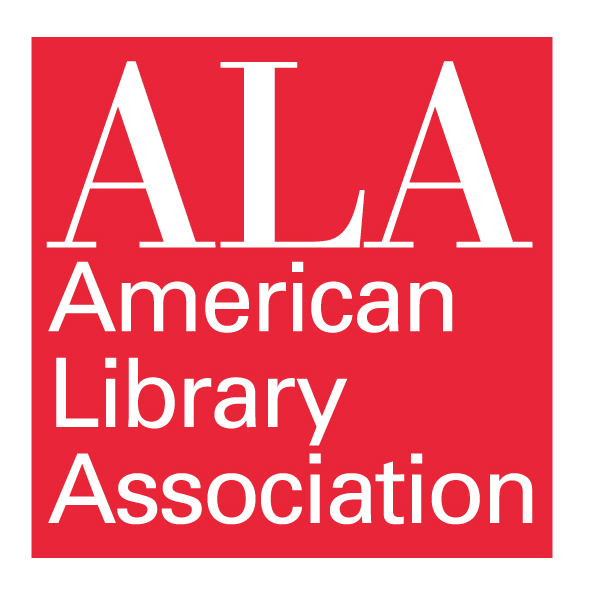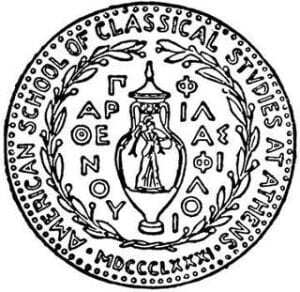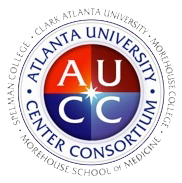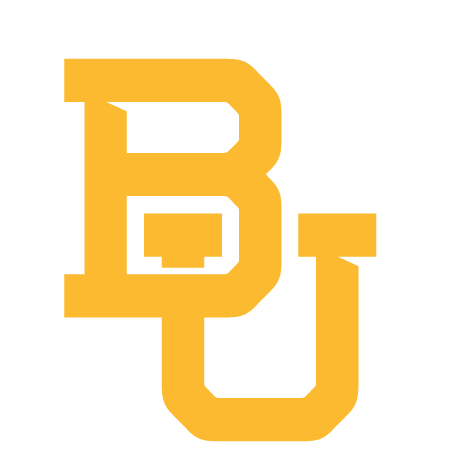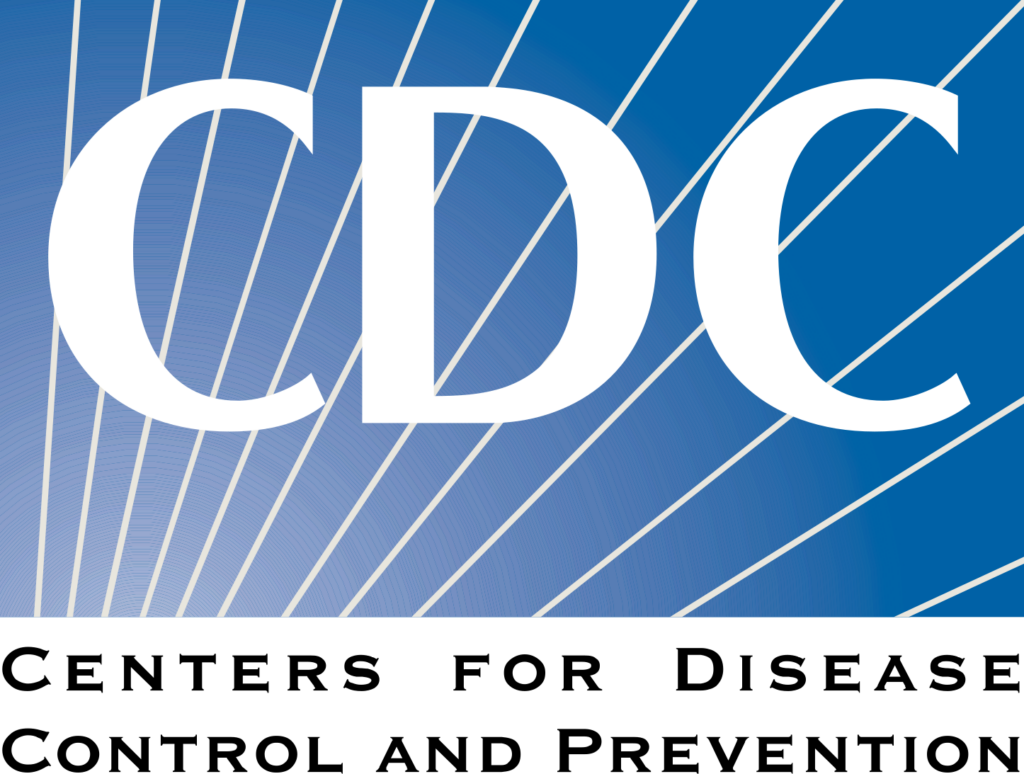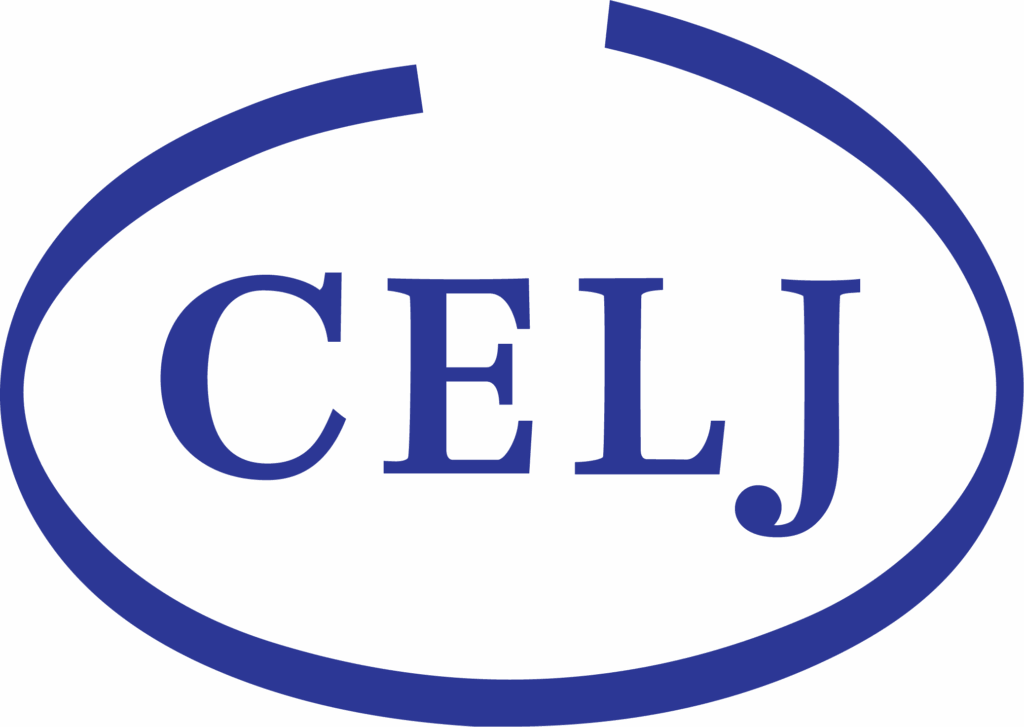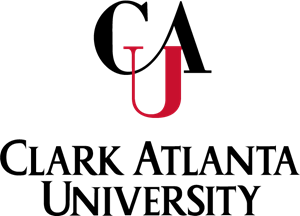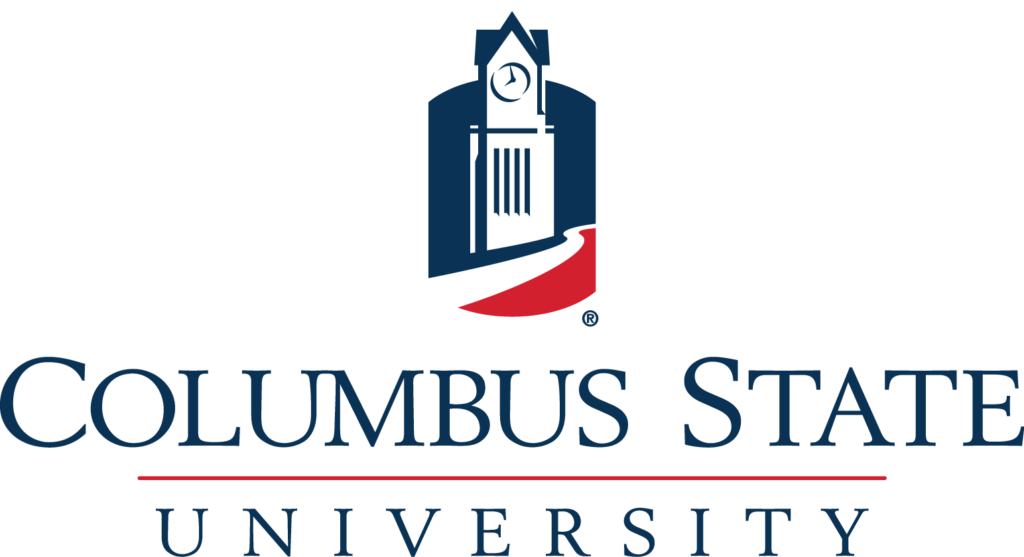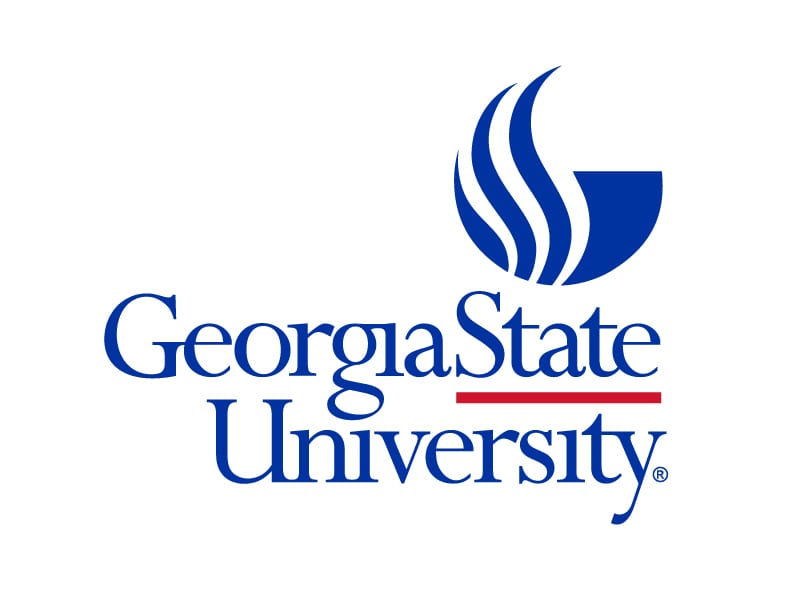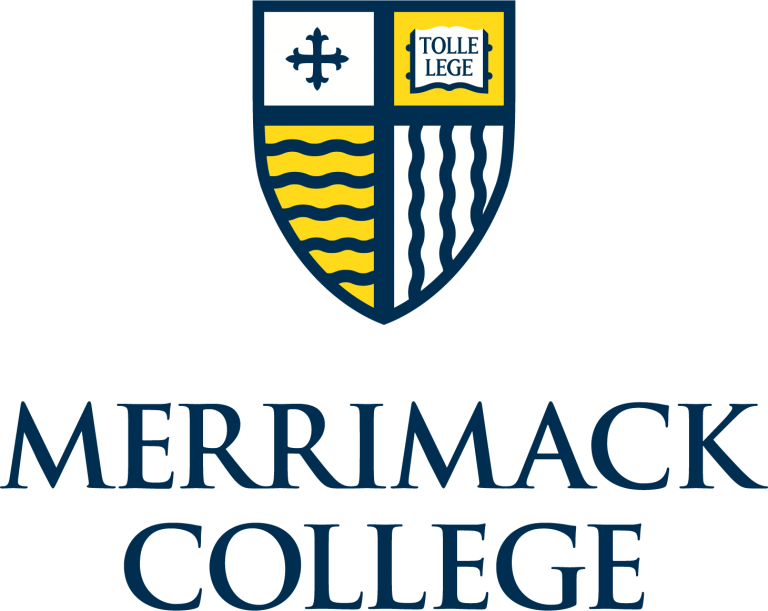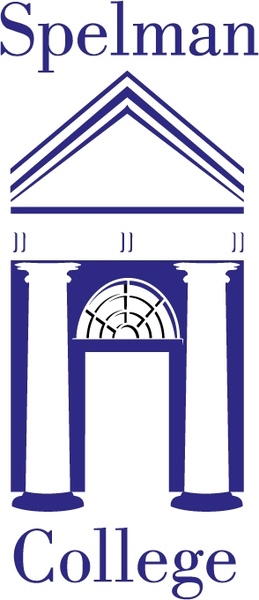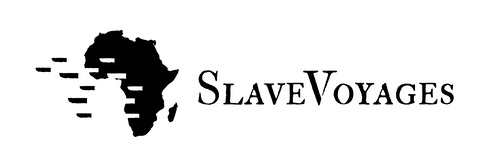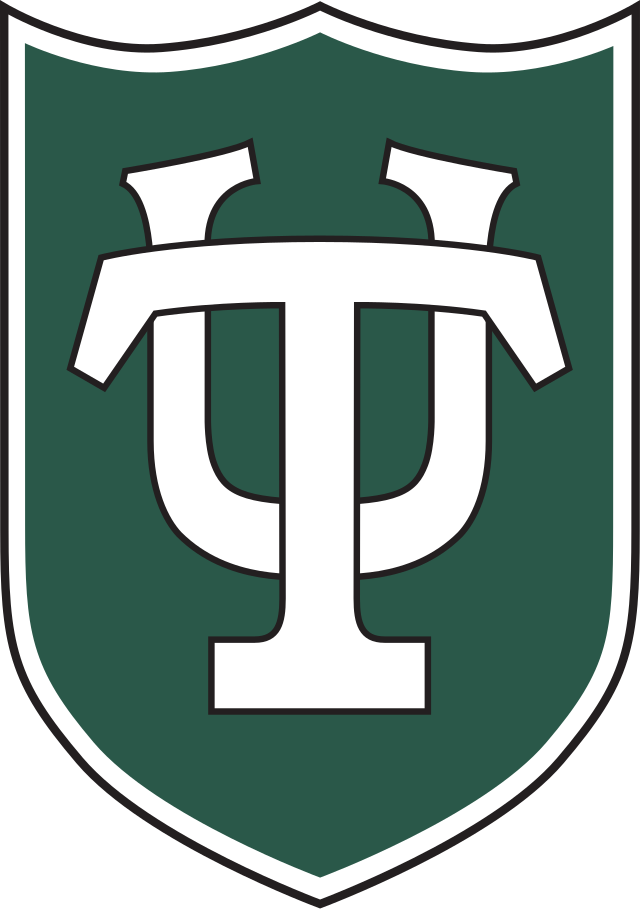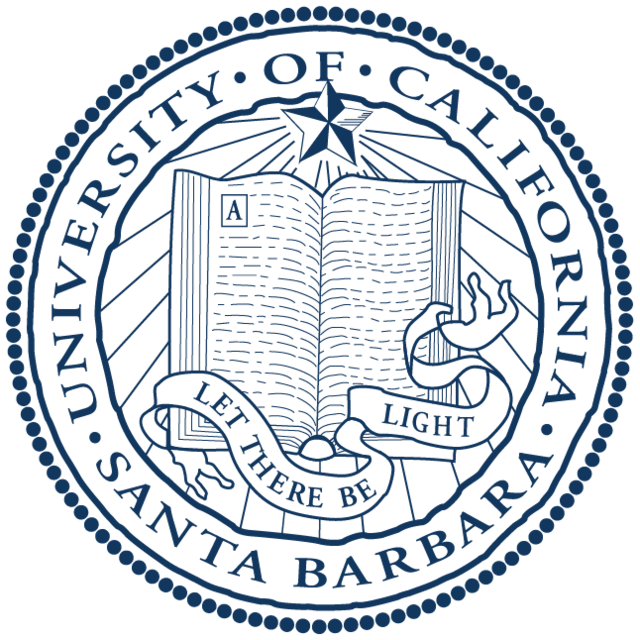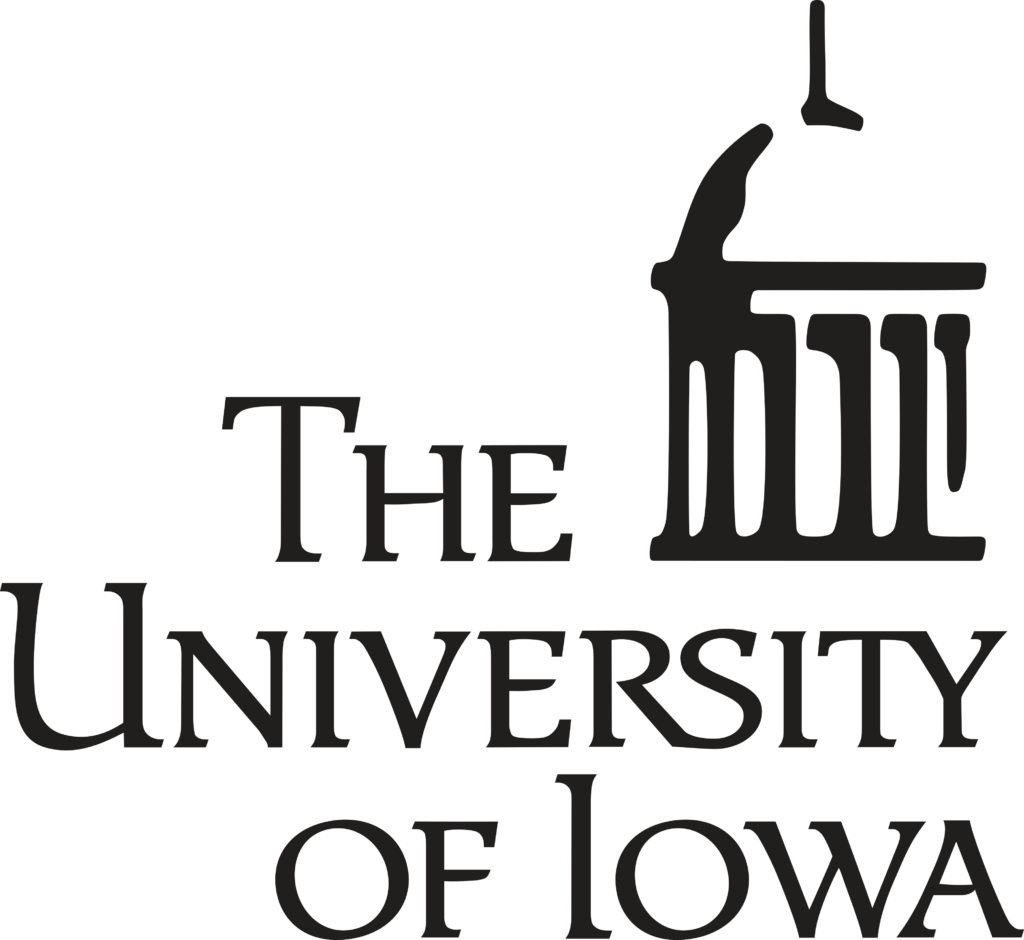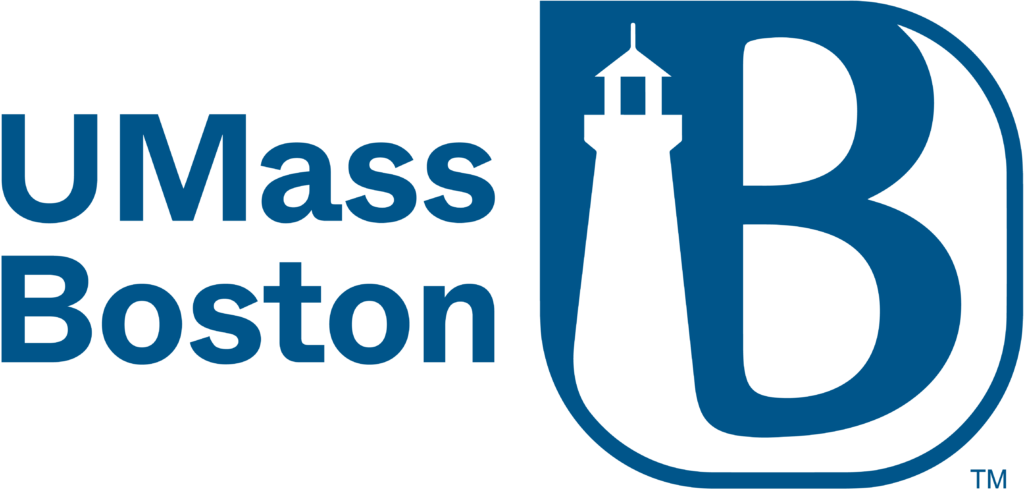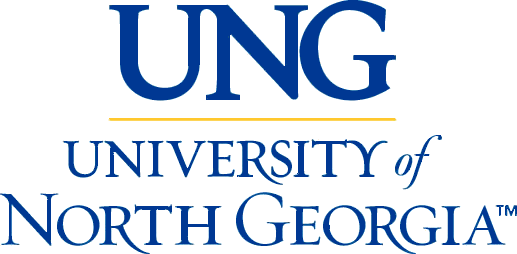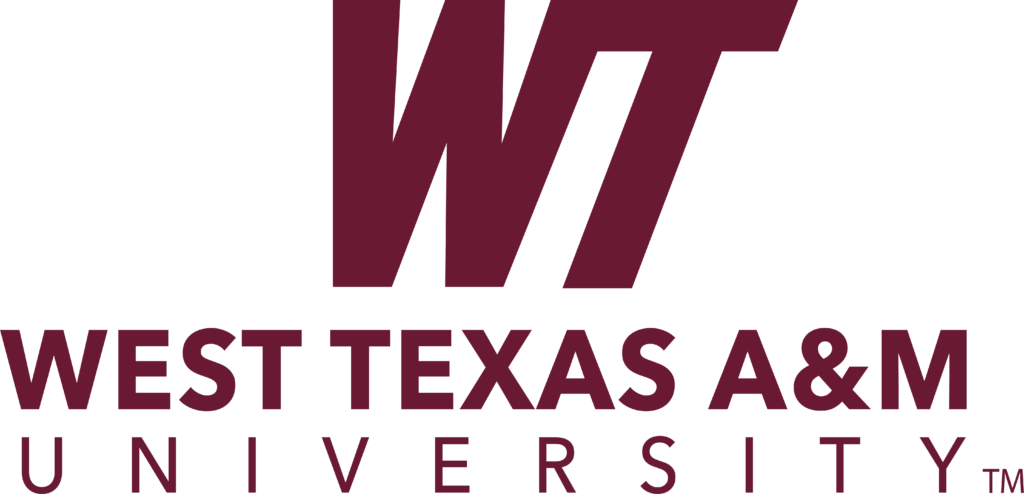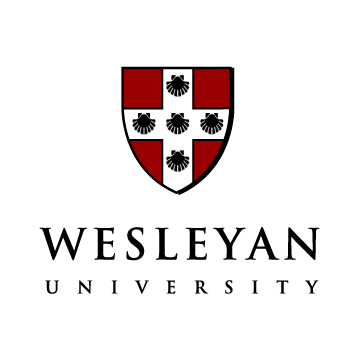Atlanta Community Support Project (ACSP) is an empowerment organization for people impacted by poverty and incarceration. Through community-based research and resource development, they provide those navigating discrimination and reentry the tools needed for self-advocacy and civic engagement.
ACSP partnered with ECDS Digital Publishing Specialist Dr. Bailey Betik to create and launch their toolkit resources, available through their website.
ECDS continues to partner with the National Emerging Special Pathogens Training & Education Center (NETEC) to create and maintain an online resource repository that provides free access to a database of up-to-date education and training resources including webinars, online courses, research articles, and printable posters that help train and prepare health care workers, public health professionals, and U.S. health care facilities for emerging special pathogens. NETEC is comprised of faculty and staff from Emory University’s School of Medicine, the University of Nebraska Medical Center/Nebraska Medicine, and the New York Health and Hospitals Corporation, Bellevue Hospital Center.
Designed by ECDS Digital Publication Specialist Bailey Betik, the VISCO website houses past and ongoing projects from the “group of academics, artists, and activists who are committed to centering the Virgin Islands as a site of inquiry and theorization beyond a notion of utopia or space that is not meaningfully occupied.” As they work within the archives, VISCO reimagines Caribbean freedom through their research, scholarship, fiction, art, and community conversations.
Ossabaw Island is a barrier island on the coast of Georgia, only accessible by boat. The OpenTour created by The Ossabaw Island Foundation shares the 5,000 year human history of Ossabaw Island with learners of all ages. This virtual tour, hosted in ECDS’s OpenTour software, allows the story of Ossabaw’s people to be shared to student groups preparing for their Ossabaw visit or allows them to visit if they are unable to travel to the coast of Georgia.
As a founding member of the TransAtlantic Slave Trade Database Consortium, Emory University currently assigns a representative from ECDS and from the Department of History to meet monthly with other members of the Consortium’s steering and operations committees to discuss the website’s ongoing activities and plans. In 2024, this included continuing work on a major site redesign that was the result of two prior years of development by a multi-disciplinary team of historians, librarians, curriculum specialists, cartographers, computer programmers, and web designers, in consultation with scholars of the slave trade from universities in Europe, Africa, South America, and North America. The new site will launch in time for the fall 2025 academic year.
